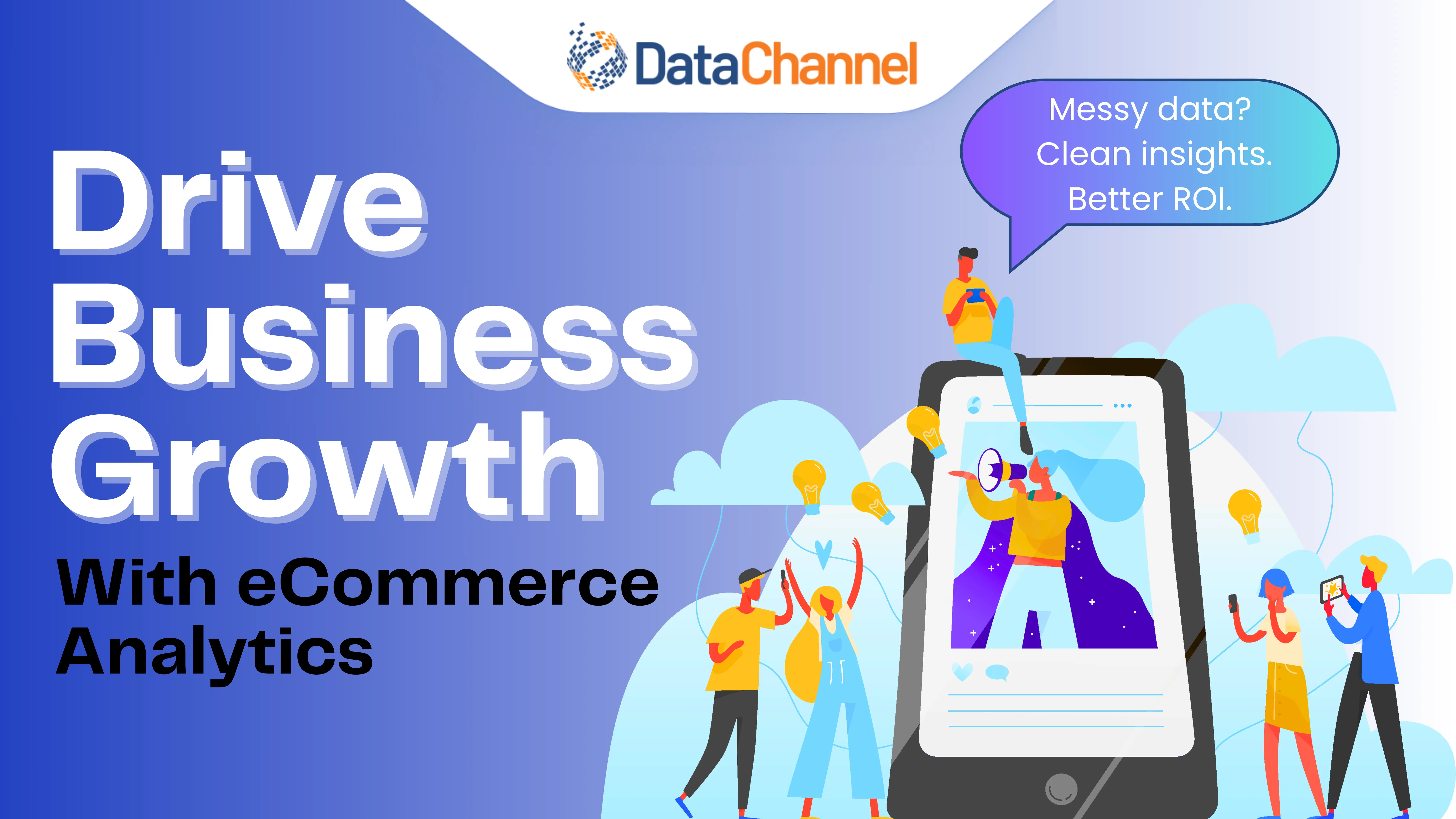
Easy Digital Asset Management with Airtable & DataChannel

Simply put, Airtable >>>>>> Spreadsheets
The number of spreadsheets used in your organization correlates directly with the size of your workforce. While managing spreadsheets within individual departments can be convenient, it can become challenging when you want to look at the bigger picture, and how different departments influence each other (let’s say identifying influence of your ad campaigns on revenue generation or sharing project related updates within your team, and across organization). This challenge necessitates the sharing of data, which, in many cases, is stored in spreadsheets.
Since different individuals can have different methods for storing, presenting, and collaborating on data, this leads to different data formats and eventually an increase in data silos.
Enter Airtable, which is a cloud-based digital asset management platform that makes creating & sharing data pretty simple as relational databases, that too without requiring any advanced technical background, making it accessible across a wide range of users.
Now, let’s dive into the features and components of Airtable.
Features of Airtable
- Connected Apps Platform: The Airtable Connected Apps Platform empowers teams to build custom apps on top of data to support their unique workflows. By connecting their apps across the organization, they can share data across the organization in real time, giving global visibility into changes as they unfold.
- Efficient Project Management: Automatically sync data across apps so teams can see changes in real-time and can trust that their data is always up-to-date.
- Access to real-time data: Avoid business-critical mistakes and duplicative work with access to the latest, most accurate data for informed decision-making.
- Digital Asset Management: It allows users to connect with popular pre-built tools out there and provides templates that allow users to centralize their information and perform a vast number of operations in real-time.
Components of Airtable
There are five basic elements of an Airtable database:
- Base
- Tables
- Fields
- Records
- Views
The first one being ‘bases’ (short for "database") stores all the information you need for your project. Your base might be called "Event Planning" or "Product Ops for Teams Template" in this case. Airtable offers a robust library of templates that are pre-populated with relevant sample data that you can modify with your own. For example, there are templates for content production, PR & Communications, and Remote Work among others.
To get started with a template, select the one you want to use, and then click “Use template.” The rest of the components are explained in more detail in the image below.


Get Airtable data in a few clicks with DataChannel
Airtable not only promises users an intuitive UI but also combines the functionality of spreadsheets and databases to make record-keeping less of a daily chore. If you regularly use Airtable, but hate entering data, DataChannel can help you track information from other apps automatically. Here are a few ways how ELT tools like us can help you get started.
- Scalability: DataChannel can handle large volumes of data, making it easier to extract, load, and transform data from Airtable (supports popular applications like Trello, Facebook, and Google Drive, etc) into any data warehouse of your choice..
- Data Transformation: ELT tools enable complex data transformations and thus, ensuring data accessible to users via Airtable is always structured and accurate.
- Collaboration: Airtable provides a user-friendly interface for collaboration, while we (DataChannel) ensure that structured data is always accessible across business teams for quick decision-making.
- Automated Workflows: When the same data needs to be cross-referenced by multiple teams for different projects, it becomes essential that any change in the original data also reflects across databases used by the teams, and manually doing that task is error-prone. DataChannel can help you big time with that, in terms of automating the entire workflow for you from getting data from Airtable into your data warehouse, and getting slack notifications every time you get a new update or add a new row to Google Sheets. (Airtable→DataChannel→Data Warehouse→Google Sheets→Slack, etc)
- Data Integration: Users can combine data from 120+ data sources, such as databases, marketing automation tools, etc and load it into Airtable for a holistic view.
Data Activation into Airtable
After data centralization, the next best step is to sync that data in Airtable to power all your downstream business use cases and harness and expedite business decision-making. Users can easily activate their data from the data warehouse into Airtable using DataChannel, and some of the use cases of data activation could be-
- Customer Profiles: Your stack is composed of multiple tools. Each one has data about your customers; none have the full picture. With DataChannel, unify that siloed data into a bespoke customer profile that stays in sync across all tools, so your team doesn’t have to go to different places to understand their customers.
- Automate Reporting: Explore trends, create forecasts, and plan your business with the up-to-date data. This means you can create the spreadsheet, and build the formulas once, and trust that the figures are always fresh and accurate.
Airtable & DataChannel work better together
Airtable Software is one of the best options for handling Databases. Our blog provided you with an in-depth understanding of what Airtable is. In case you want to integrate (activate) data from (into) Airtable App into your desired data warehouse, then DataChannel is the right choice for you! It will help simplify the Data integration, transformation,and activation process for both the Data Sources and the Destinations.

Try DataChannel Free for 14 days









